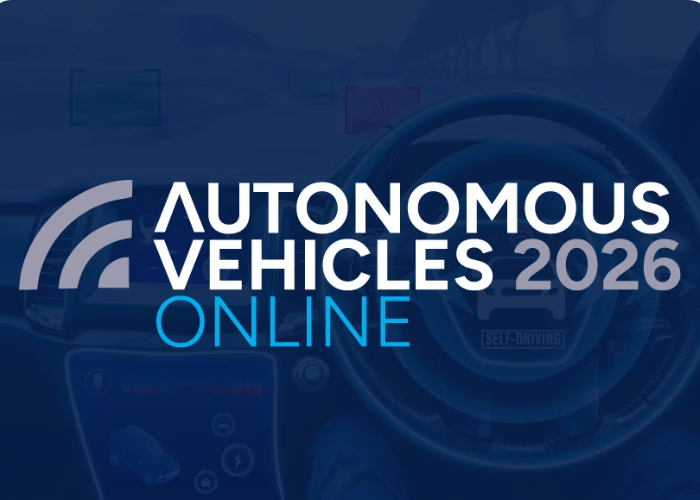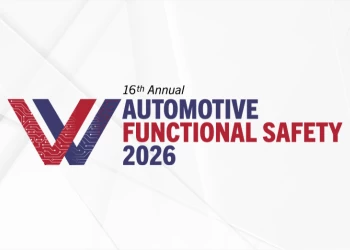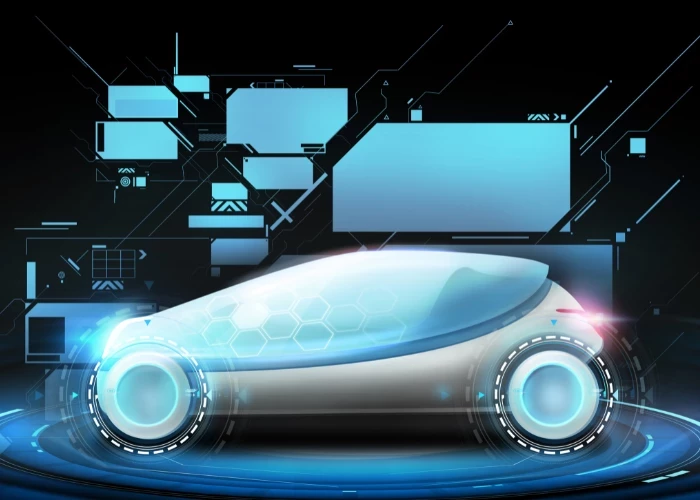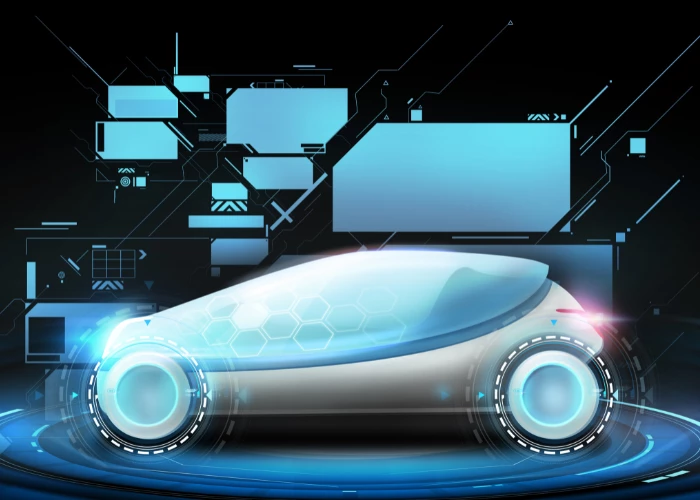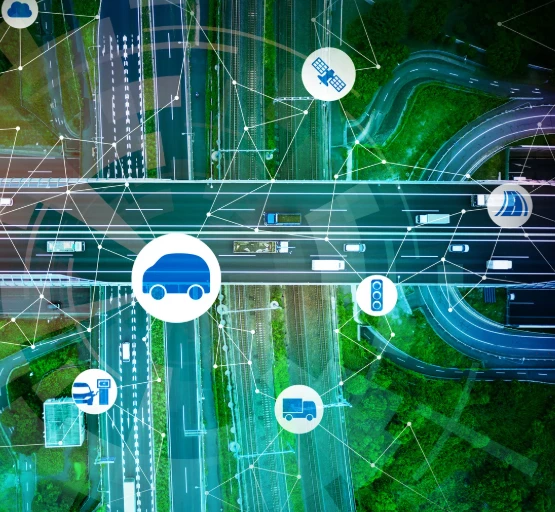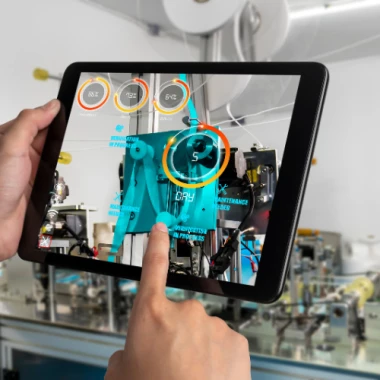Column: Could the impact of the coronavirus be as disruptive and transformative as CASE?
From coronavirus to climate change: how the auto industry must change its relationship with force majeure
Add bookmark
The coronavirus, known technically as COVID-19, crossed an inflection point during the week of February 24, 2020 when cases outside China exceeded those within the country’s borders.
With 54 nations reporting cases as of February 29, the outbreak is most concentrated in four transmission locations – China (centered in Hubei), East Asia (centered in South Korea and Japan), the Middle East (centered in Iran), and Western Europe (centered in Italy).
In total, the most-affected countries represent nearly 40 percent of the global economy. Moreover, the daily movements of people and the sheer number of personal connections within these transmission locations make it unlikely that the COVID-19 virus can be contained.
While the human aspect of this outbreak is clearly the biggest story – with 94,250 confirmed coronavirus cases, accounting for 3,214 deaths worldwide as of March 4 -the virus is also disrupting businesses around the globe.
The impact of COVID-19 on global business and automotive supply chains
According to a March 2020 article by McKinsey and Company, titled COVID-19: Implications for business, there are three possible business scenarios:

Image source: McKinsey and Company
In recent decades, as OEMs seek to leverage the benefits of economies of scale and meet customers’ demands, most manufacturers have chosen to single-source components for new vehicles.
This regionalization trend has been gaining momentum over the last five to eight years with major hubs emerging in Mexico, for the North American market; Eastern Europe, including Poland, Romania, Slovakia, Czech Republic; Morocco; and China, as a global supplier of many components.
The ease with which products can be shipped across the world has also seen inventories managed on a lean just-in-time basis, meaning that on average, companies have anywhere between two and twelve weeks of buffer inventory on-hand for automotive parts.
The risk is that when the global supply chain is disrupted, such as is the case with the shuttering of factories due to the events in China, many companies have few alternatives to fall back on.
For example, Hyundai was one of the first automotive companies to announce closures due to parts shortages, outside of China. Renault, JLR, Fiat-Chrysler and Nissan all followed suite within days.
For companies that have become heavily reliant on single sourcing, such as these, COVID-19 could serve as a wake-up call.
“There is no question in my mind that this outbreak will accelerate plans to diversify risks,” said Michael Dunne, the CEO of Zozo Go, a consultancy firm for automakers in Asian markets.
However, so far, most companies do not appear to be making major shifts away from China or single sourcing. Out of more than 100 businesses surveyed by the American Chamber of Commerce in Shanghai, only one expected to see manufacturing redirected outside of China.
Managing the risk of catastrophic supply-chain disruption post COVID-19
For smaller niche-segment manufacturers, such as Bentley and McLaren, re-sourcing component supply, with its lengthy component verification process, is not easy.
McLaren Automotive CEO Mike Flewitt said his company was seeking to re-source critical components: "We are developing some alternate sourcing opportunities where we can, but we don't have multiple sources for a company this size," he said.
Bentley, owned by Volkswagen Group, said it had secured the supply of the 21 basic components, such as silicon chips, that it sources from China, until the end of the month. "Thereafter, we have re-sourced them," CEO Adrian Hallmark told Reuters. He declined to say where the alternative components would be sourced.
Other OEMs, such as GM, have already implemented proactive risk analysis and mitigation. Following the 2011 tsunami in Japan, GM began implementing so-called Blind Spot Workshops to quickly identify and mitigate significant supply chain risks.
At these workshops, executives across the company are asked: “What keeps you up at night?” Based on the results, the 30 top risks are identified, with each risk assigned functional leaders. Every key functional area at GM – procurement, product development, etc. – has embedded risk officers. Each of these top risks has a mitigation plan that contains detailed resumption planning within the contingency measures.
What is more, GM has also invested in new analytics tools that help them analyze the risks associated with suppliers and catastrophic events. Resilinc, a cloud-based provider of supply chain resilience solutions, has geocoded the factories of GM’s suppliers and logistics hubs across its supply chain.
This enables GM to evaluate an event like an earthquake and answer the question: “Which of our suppliers are located within 100 miles of the epicenter? Within 200 miles?” GM can also look at suppliers located within the flood plain of a river and ask: “Are all of our key suppliers of a particular component located in that flood zone? What happens if they all go down at once?”
With the cost-benefit derived from the economies of scale difficult to ignore, post-coronavirus, manufacturers are likely to implement rigorous standards for flexible supply chains.
However, it is not only supply chains that the virus has affected. Everything from major motorsport world championships, to motor shows have been disrupted.
Corona gives manufacturers a reason to try out new models to disrupt traditional thinking
Unlike motorsport, where the spectacle relies on a real-world event, a motor show is in essence a display – one, which can be as effective online as it, is in real life.
Thus, following the Swiss Government’s decision to ban gatherings of more than 1,000 people, it was a logical but creative solution to host many of the launches that were planned for the 2020 Geneva Motor Show (GIMS) online. Additionally, events which have significant OEM automaker presence, like the Milan Design Week, have been postponed. Our header image comes from a Lexus event that was due to take place in Milan, but has now been put back to June.
Although this was not the first time a motor show was streamed, it was the first time that that the event was exclusively broadcast online. Online car launces are also commonplace: GM’s launch of the C8 Corvette received positive reviews, as have Elon Musk’s benchmark reveals of the Model 3, Model Y, Semi and Cybertruck.
It is not that difficult to imagine that motor shows, already suffering shrinking attendance and dwindling OEM support, would turn to online streaming to support the physical event – if not to replace it entirely.
Geely is exploring another crisis application of an existing business model in the wake of the Corona upheaval. With showrooms closed, the Chinese manufacturer launched a service for customers to buy cars online and get them delivered directly to their homes.
Consumers can order and customize their cars on Geely’s website, it said in a statement. It will also offer test drives, in conjunction with local dealerships, where potential consumers will be able to arrange a drive starting from their home address.
Once again, this is not a new idea, with Tesla conducting all of its sales transactions online, and Rivian and Lynk&Co about to follow suit.
What does the future of fighting against force majeure hold?
Rather than being groundbreaking, streaming a vehicle launch from a virtual motor show or selling a car online – in the context of the disruption caused by the outbreak of COVID-19 – has placed the spotlight on alternatives to long-accepted norms within the industry. What is more, these norms are facing increasing challenges from disruptive technologies such as CASE and unexpected geo-social, economic and political events.
So while the world focuses on containing the spread of the virus, and the automotive industry strives to overcome the disruption to production and sales activities, coronavirus COVID-19 may very well prove to be the breeding ground for new and disruptive business models that could redefine many aspects of the industry in years to come.
- Automotive IQ will hold Autonomous Vehicles Online on May 26-27. Taking place purely via webinars, the event requires no travel or accommodation costs, and can be viewed from the comfort of your office or home




